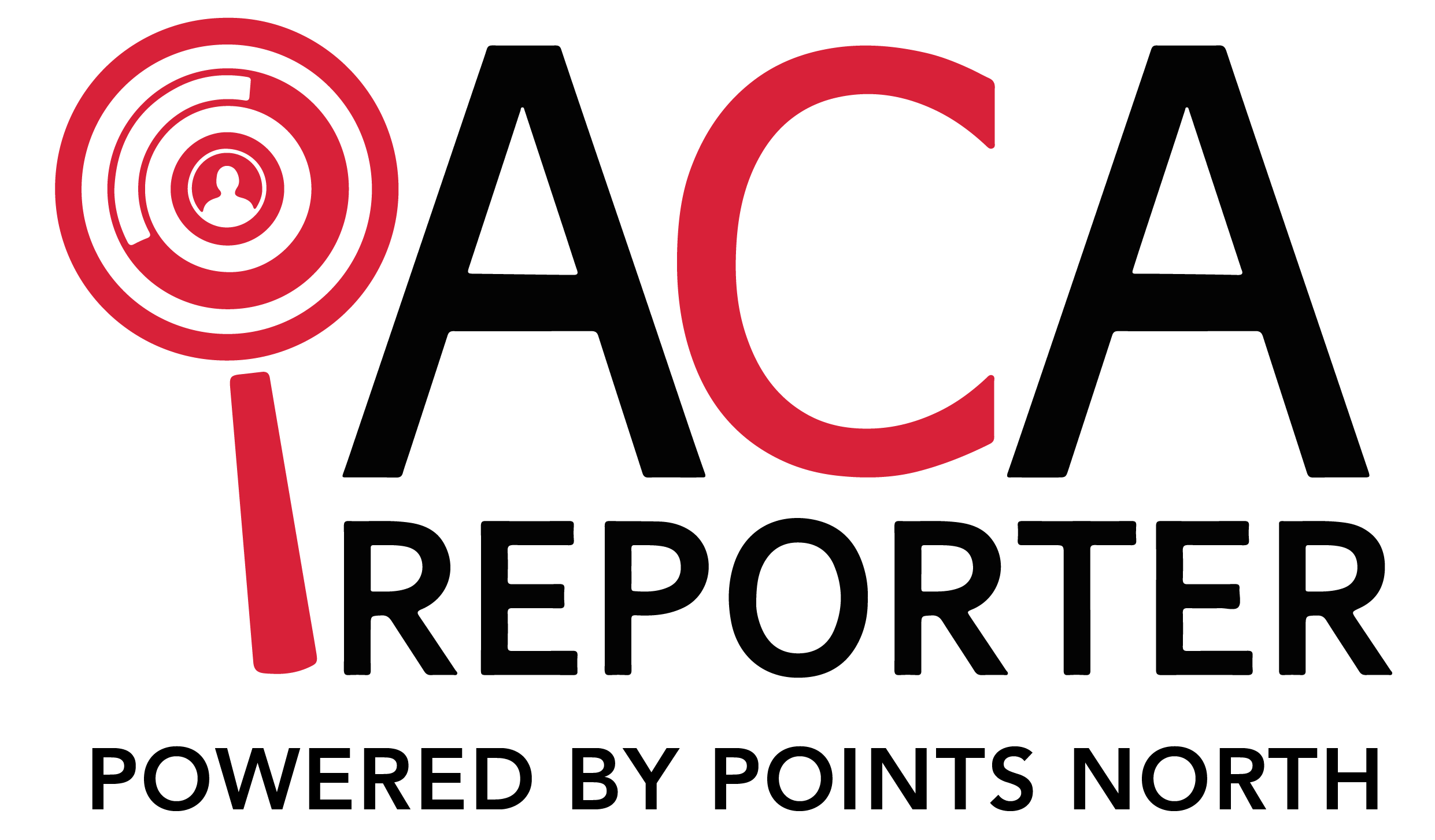In the Affordable Care Act, employers should meet their obligations by sponsoring a traditional group health plan to avoid penalties.
Employers may have to face penalties if they fail in offering Minimum Essential Coverage to 95% of the full-time population. Or they may be subjected to penalties if they fail in offering coverage to 95% of full-time employees. It is not affordable using affordability safe harbors allowed by the IRS as it doesn't cover even 60% of plan costs.
Challenges Faced by Employers
- The costs of health insurance are skyrocketing and are out-of-control.
- In the competitive job market, the employee's attraction and retention.
- Employers have to pay a hefty fine if they are not compliant with ACA.
- ACA mandates for large businesses are affecting employee compensation
- One-size-fits-all group insurance plans fail to meet employee needs.
ICHRA; Solution of Employers Problems
ICHRA stands for Individual Coverage Health Reimbursement Arrangement. It is a modern model of employer-sponsored health insurance. ICHRA is a new addition to ACA, allowing businesses to offer a monthly tax-free allowance to employees. They can use this money to buy health insurance that meets their unique needs.
ICHRA is an evolution of another type of HRA, but it is different for two reasons. First, HRA cannot reimburse individual insurance premiums, whereas ICHRA can. Second, HRA works with group health plans while ICHRA with individual insurance plans.
ICHRA; A new Addition to the ACA
- The existing Affordable Care Act affordability safe harbors will continue to apply.
- The employer wholly funds ICHRA. The maximum ICHRA monthly amount of employer may not cover the entire employee's premium for individual health insurance coverage. Therefore, employees are responsible for paying a portion of their insurance coverage premiums.
- Affordability may depend on the employee's age for the lowest-cost silver plan in his primary worksite marketplace. When an employee changes worksite, some special rules apply.
- The self-only silver plan cost will be based on the lowest cost age band in the worksite or residence rating area. Employers with calendar year plans can use premium for the lowest-cost silver plan from the previous calendar year. In comparison, those with non-calendar year plans may use the cost on January 1 of the current calendar year.
- Employers can uniformly and consistently apply different safe harbors for any ICHRA class of employees.
- Employers may not allow salary reduction to pay the portion of the ACA Marketplace premiums not covered by an ICHRA. However, if the employee purchases the individual coverage outside the ACA Marketplace, it can be reduced from salary.
- An employee getting affordable ICHRA will not be able to get a premium tax credit when purchasing health insurance coverage from the ACA Marketplace.
The Takeaway
In traditional group insurance plans, employers had to face difficulties in offering coverage to full-time employees. ICHRA solves the problems of employers by offering an effective way of providing health insurance to employees. Employers can provide funding to all or to specific segments of employees rather than offering group health plans. It provides employers with the benefits of Flexibility, Attraction/Retention, Controlled Costs & Risk, ACA Compliance, and Tax Efficiency.
Many companies rely on ACAreporter for their reporting needs. If you need any assistance in ACA reporting. Contact us!





